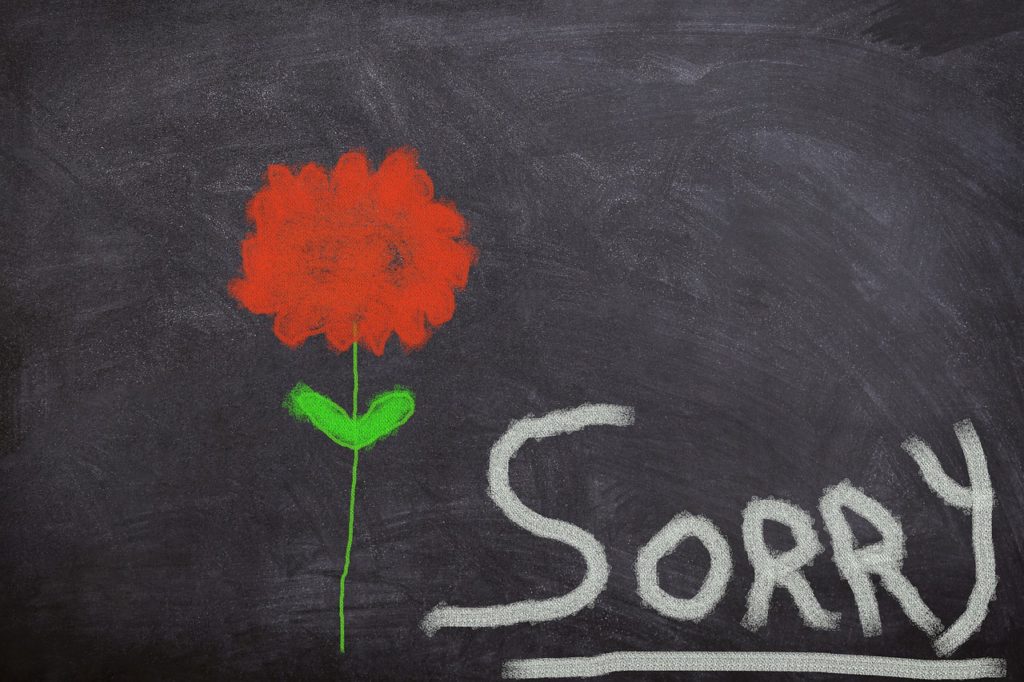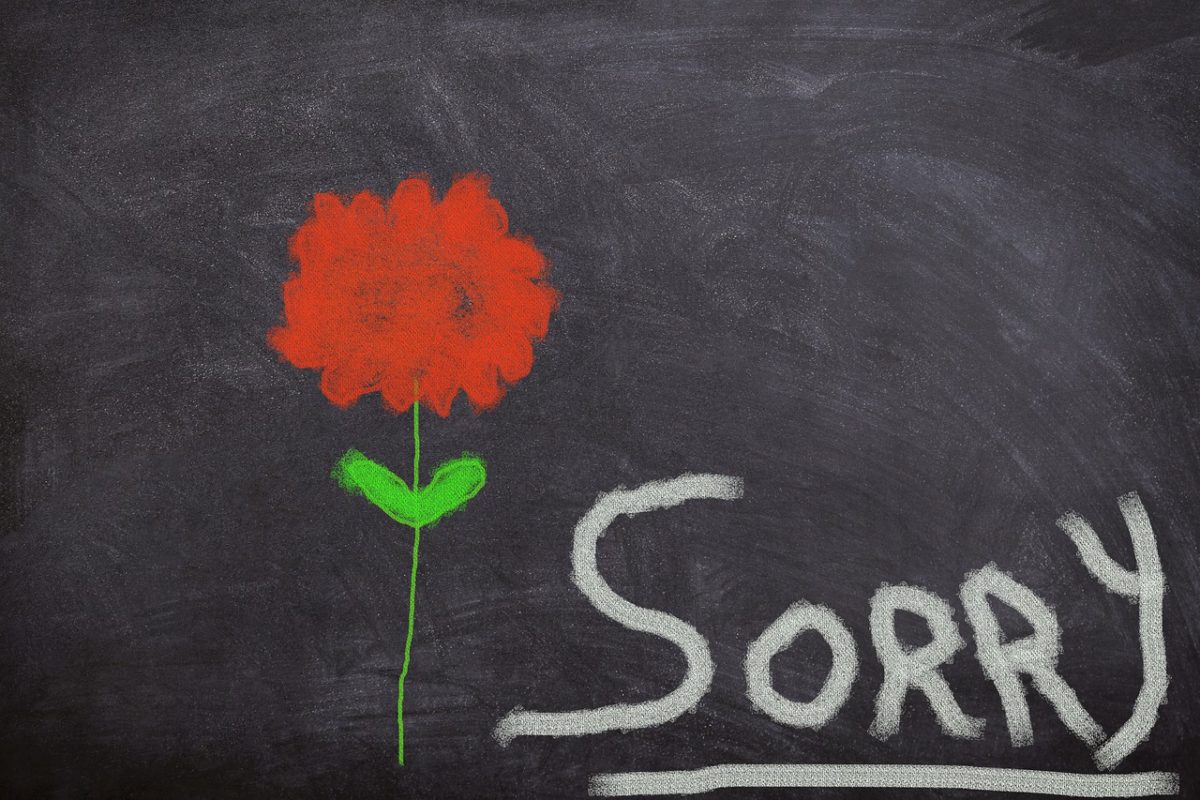
As we make our way through the Ten Days of Repentance, it is delightful to see how many people want to repent of their wayward ways. It seems like everyone wants to jump on the bandwagon and join the team – so to speak – to be a part of what others are doing. With all this, however, what is real Teshuvah all about and are we going about things the right way after all?
The Rambam (1135-1204) discusses the laws of repentance in great detail through ten chapters of his main work the Yad HaChazakah. Many are of the opinion that one should study one chapter each day of the Ten Days of Repentance in order to get a full overview of everything involved. A short blog post does not do justice to the full importance of all the points involved. The Rambam details everything from what Teshuvah – repentance – is all about – to how to actually do it. He discusses the importance of understanding repentance as is applicable to mitzvot – commandments – between man and God, as well as those between man and man.



